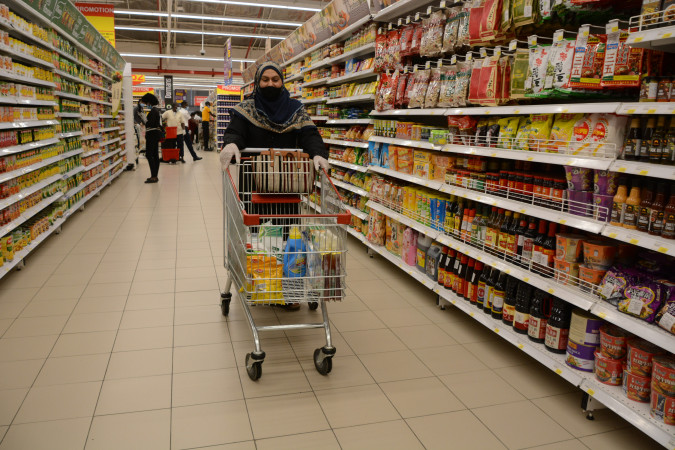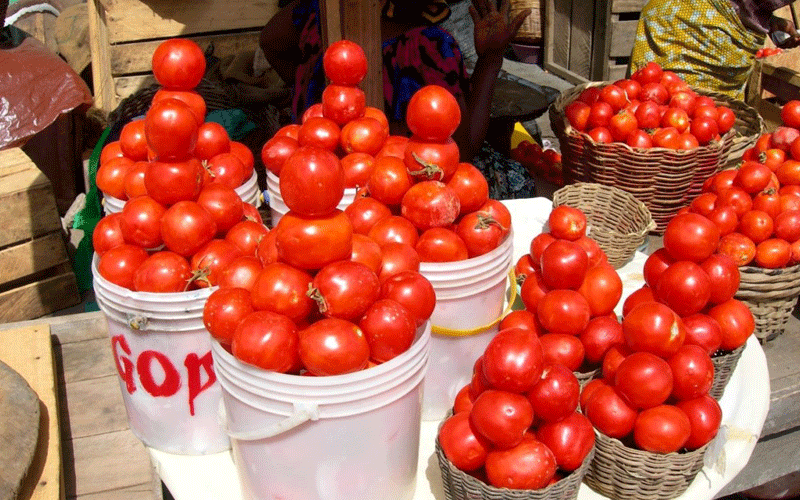Shield consumers from high food cost

The cost of living is becoming too much for many Kenyans, whose incomes are overstretched by competing demands.
The unpredictable cost of food items, which keeps going up, adds a burden to many struggling families, many of who resort to debt to meet consumption needs.
With no end in sight to the economic challenges that the citizens face, the government ought to heed the recent calls by the International Monetary Fund (IMF) on the need to subsidise food and energy prices for the poorest members of society.
Apart from the cost of energy – which has been increasing in the recent past due to an increase in fuel prices — and worsened by the Russian invasion of Ukraine, the high cost of living is being made worse by the scarcity of food in most parts of the country owing to late or inadequate rainfall.
Kenya also faces an uncertain election period on the back of pandemic knocks. It, therefore, means the government should consider more options to cushion the nation from volatile value chain logistics, supply shocks and price fluctuations.
Policymakers do not have to look far because hunger is already here with a recent report pointing to tough times ahead after experts estimated that one person is likely to die of hunger every 48 seconds in drought-ravaged Kenya, Ethiopia and Somalia. That situation presents a serious food for thought for Kenyan policymakers and political leaders.
The report dubbed Cost of Inaction compiled by Oxfam and Save the Children states that people are not starving because the world lacks food or money, but because of a lack of political will. This is what is needed in Kenya now.
With a looming election, the government must not wait until the issue of food becomes a campaign issue before it intervenes. After all, there is ample time to ensure that there is sufficient food for everyone. The good news is that Kenya finally sanctioned the importation of six million bags of maize to avert the looming food crisis as maize granaries almost run dry.
It is commendable that National Treasury Cabinet Secretary Ukur Yatani issued a Gazette Notice permitting manufacturers to import 540,000 tonnes of non-GMO white maize by the first week of August.
The supplies will be in the country just in time to coincide with the early crop, which would have been harvested at around that period, meaning there will be sufficient supply.
While this will cushion the country from adverse effects of food shortages, policymakers must not forget that such importation windows have been abused in the past to flood the market with maize, making it difficult for local farmers to market their produce.
Hopefully, this will not be the case this time around.











